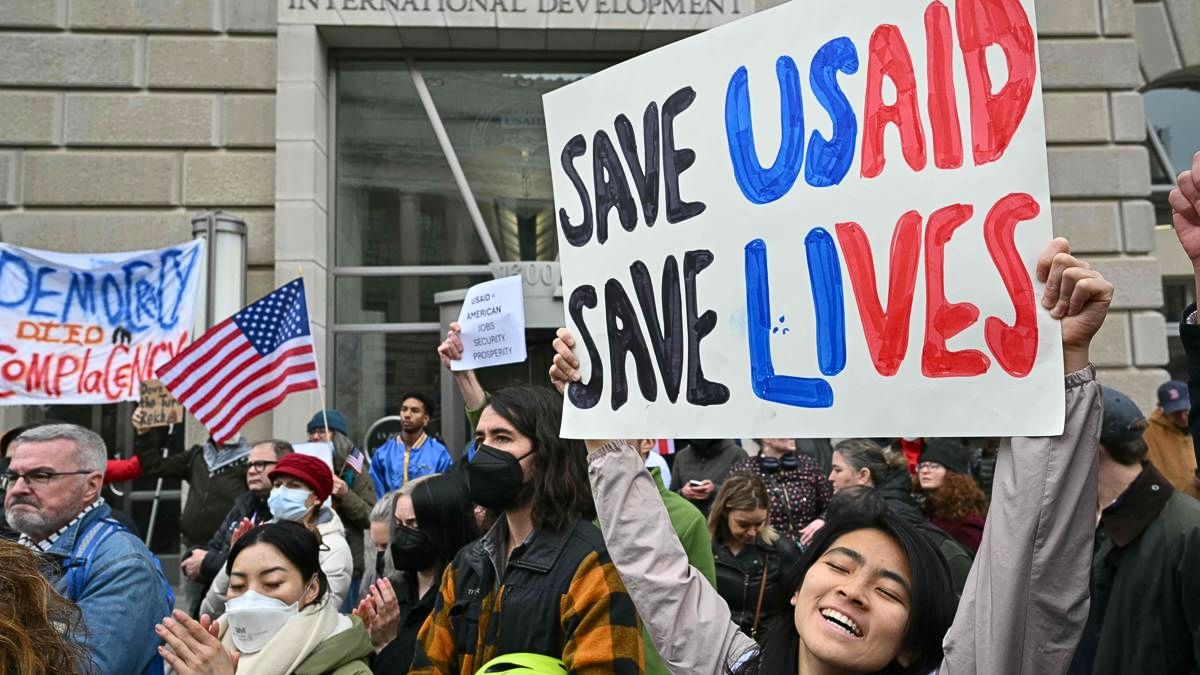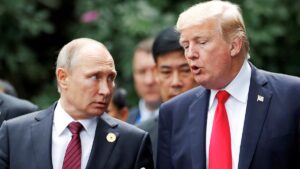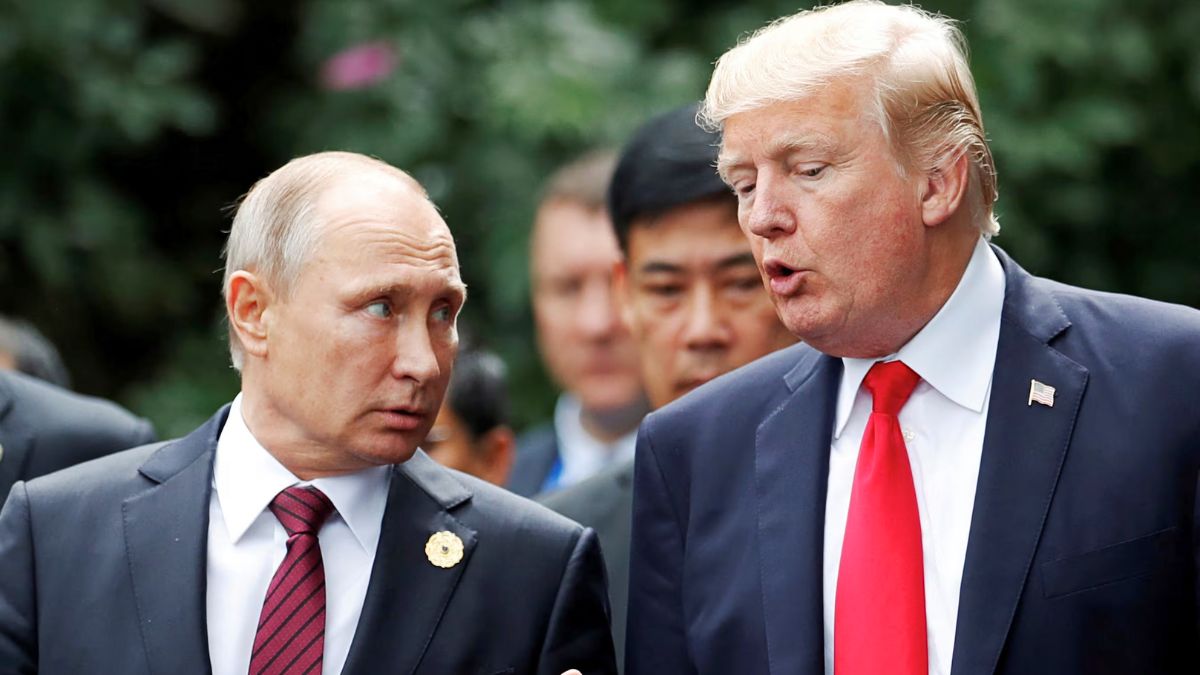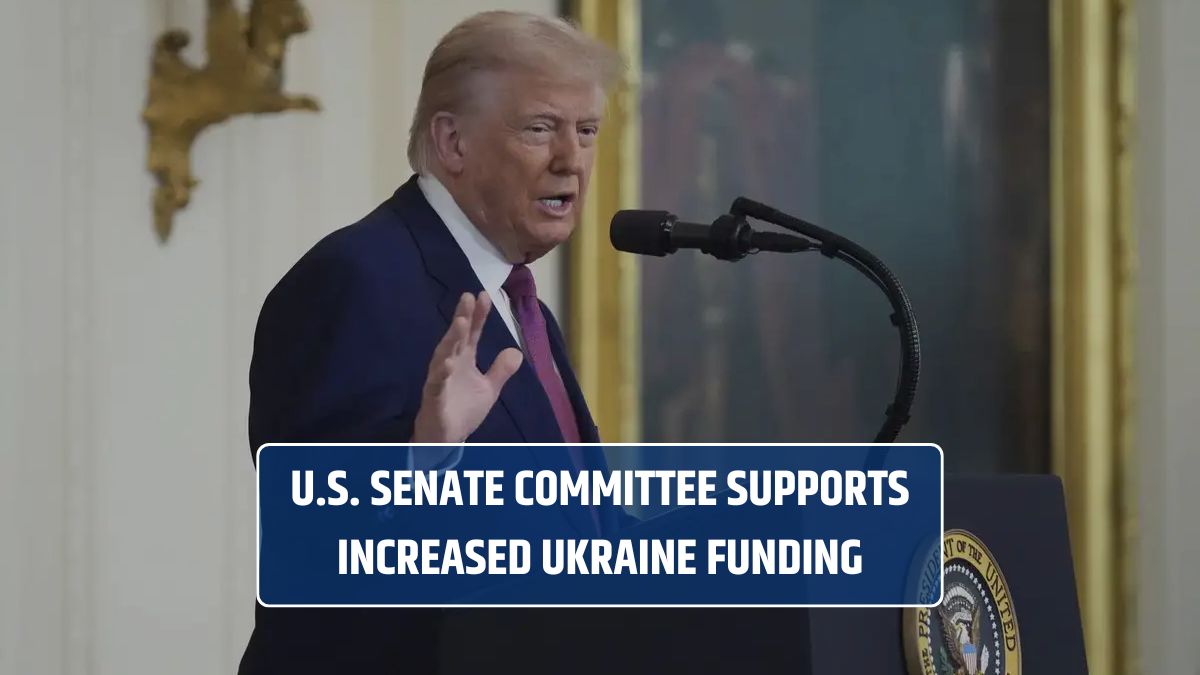On July 24, 2025, President Trump signed the Rescissions Act, a sweeping legislative move that stripped nearly $8 billion in funding from USAID and related foreign aid programs. While it didn’t fully eliminate USAID, it dramatically reduced its influence, staff, and budget. For libertarians and small-government advocates, this move wasn’t just a budget cut—it was a turning point. It showed that long-standing bureaucracies can actually be scaled back. But what does this all mean, and why now?
Background
USAID has been around since 1961, tasked with administering US foreign aid to promote development and democracy abroad. But not everyone has been a fan. Critics long claimed it strayed far from its original mission, instead becoming a tool for progressive activism and wasteful spending.
Earlier this year, the Trump administration launched a formal review of foreign aid. A key part of that review was a report from the Department of Government Efficiency (DOGE), led by Elon Musk. The report highlighted spending examples that drew public outrage, like $70,000 for a DEI musical in Ireland and millions more on tourism and green tech overseas. Musk didn’t mince words, saying USAID had become an instrument of left-wing ideology and global interference.
Cuts
The cuts weren’t just symbolic. They slashed deeply into USAID’s core programs. Here’s a look at some of the major reductions:
| Program | Original FY2025 Funding | Amount Rescinded |
|---|---|---|
| Development Assistance | $3.9 billion | $2.5 billion |
| Assistance for Europe, Eurasia, and Central Asia | Not disclosed | $460 million |
| Clean Technology Fund Contribution | Not disclosed | $125 million |
| USAID Operating Expenses | Not disclosed | $125 million |
And that’s just the start. Entire departments were wiped out or folded into the State Department. By July 1, USAID’s operations were effectively absorbed, and over 5,800 employees were either laid off or put on indefinite leave. According to Secretary of State Marco Rubio, this restructuring was long overdue. He criticized the agency for prioritizing globalist agendas over American taxpayers.
Politics
Libertarians and think tanks like the Cato Institute have been calling for the end of USAID for decades. In their view, foreign aid simply doesn’t work. They argue that it often props up corrupt regimes, fuels debt, and promotes dependency rather than self-sufficiency.
Ian Vasquez of Cato points out that there’s little evidence to link foreign aid with actual economic growth. In fact, the data shows that countries grow when they adopt free markets—not when they receive massive foreign checks. That’s why libertarians see the Rescissions Act not just as a budgetary tweak, but as a philosophical correction.
Skepticism
Of course, not everyone agrees with the cuts. Critics argue that abruptly defunding development programs may hurt vulnerable populations and damage US influence abroad. But supporters push back: If programs are wasteful or ineffective, why keep funding them? As Hazlitt wrote in 1955, government programs have a habit of lasting forever—regardless of whether they still serve their original purpose.
Momentum
Will this act lead to a full dismantling of USAID? That remains to be seen. Abolishing a federal agency requires congressional approval, and there’s still bipartisan support for some types of foreign aid. But the cuts send a clear signal: the days of unchecked foreign assistance spending might be numbered.
This isn’t the end of USAID just yet, but it’s no longer business as usual. What seemed politically impossible a few years ago—a significant rollback of a global bureaucracy—just became law. For those who value limited government, it’s not just a win; it’s proof that change is possible, even in Washington.
FAQs
What is the Rescissions Act of 2025?
It’s a law that cuts $8 billion from USAID and foreign aid programs.
Did the Act abolish USAID completely?
No, but most of its functions moved to the State Department.
Why was USAID criticized?
Critics say it promoted wasteful, left-leaning global programs.
Who led the review of USAID?
Elon Musk, as head of the Department of Government Efficiency.
What happens to USAID employees?
About 5,800 were laid off or placed on leave.











